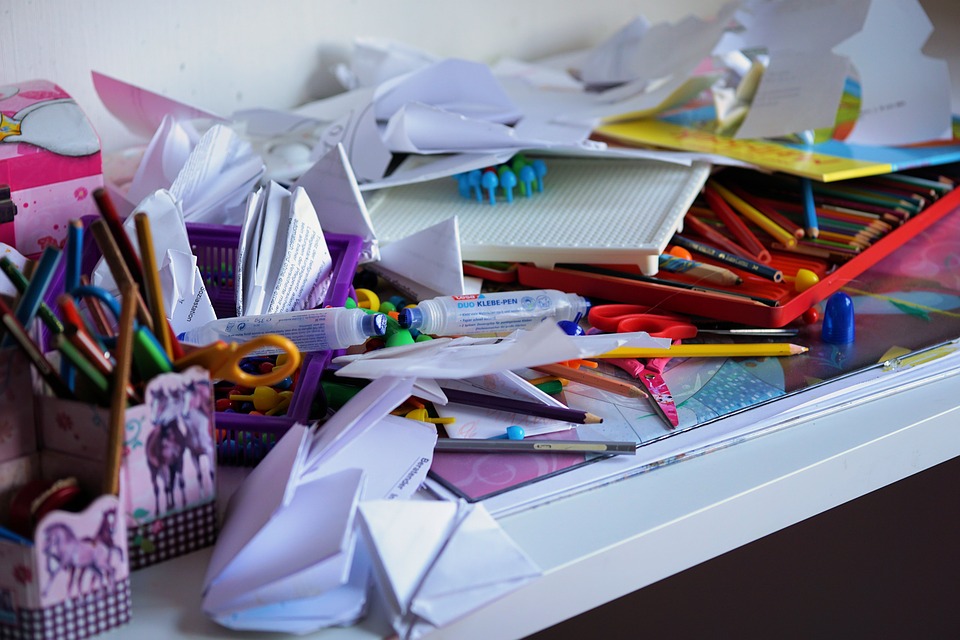Albert Einstein famously said “If a cluttered desk is a sign of a cluttered mind, of what, then, is an empty desk a sign?
A child, or teacher for that matter who has a cluttered desk during the school day can be said to be industrious and highly productive. At the end of the day though desks, like the school should be cleared of all clutter and debris. Having a classroom and school that looks clean also needs to be clean, using products to minimise the ever-present bacteria and germs found so freely in any environment where children are present.
A classroom can get immensely dirty and become the breeding ground for harmful germs. As a result, it is important that schools follow a general cleaning routine to keep the pupils safe and away from the germs.
The choice of school supplies you make in terms of the cleaning products you use must be strong enough to eliminate bacteria and germs and yet gentle enough to not affect the health and wellbeing of the children.
Cleaning products such as soaps and hand wash must be gentle on children’s sensitive skin yet still work to eliminate germs. Floors must be moped everyday with good disinfectants. Bookshelves, tables and desks should be well dusted. Rubbish should be removed daily and ideally keyboards and all door knobs, from classroom doors to toilet doors should be wiped with sanitiser daily.
Children enjoy routine and are comfortable working to an organised structure and specific way of working. Whilst they should not be exposed to cleaning school supplies, they can certainly take an active role in keeping their learning environment clean and clutter free.
For example, children should be encouraged to throw rubbish into the dustbin. Nowadays, most schools have implemented recycling, so children can reinforce their understanding of what can be recycled and the correct bin into which rubbish can be disposed. Children can be encouraged to clean the whiteboard and to safely tuck chairs under tables at the end of the day.
Instilling the importance of good housekeeping at an early age encourages children to maintain these good habits as they grow. Learning to keep books tidy in the library, to flush the toilet after each use and to wash their hands, to make sure toilet roll goes into the toilet and not on the floor not only teach children basic hygiene habits but they also work to ensure their school environment is both safe and clean.
During the day the school is filled with the happy noises of children. When they go home it is the responsibility of caretakers and cleaners to ensure the school is returned to a safe, clean environment for the children’s return the next day. By never running out of cleaning school supplies you can ensure that you keep your school environment healthy and productive. The children can play their part and the caretakers and cleaning staff play theirs. So, there is room for saying “yes to a messy desk” – just not all the time.





